Discovery
The Idea
Quick Key was born from a conversation between entrepreneur Isaac van Wesep and his friend, teacher Walter Duncan. Duncan, a strong proponent of daily student quizzes, was frustrated with the time-consuming process of hand-grading or relying on expensive scanning machines. He envisioned a simple solution—what if his phone could quickly scan and grade answer sheets?
The more they discussed it, the more they realized the potential of this idea. Their goal was to create a tool affordable for all teachers, from low-income schools to affluent institutions. By making regular testing more accessible, they believed Quick Key could help bridge the educational divide between rich and poor.
“A lot of education technology is wonderful and useful, but only accessible to the 1 percent of students and teachers in well-funded schools,” explains van Wesep. Determined to change that, they set out to turn their vision into reality.
They partnered with Rocket Farm Studios to bring their concept to life, impressed by the team's quick RFP response, creative portfolio, and hands-on discovery process. Lacking a detailed technical plan, van Wesep and Duncan relied on Rocket Farm to translate their vision into a clear set of requirements and a simple, intuitive app experience.
Two major challenges stood in the way of their vision: developing a smartphone camera that could accurately scan answer sheets, and ensuring the app worked in both online and offline environments—crucial for teachers in rural and underconnected regions.
Design
UI Design
The first challenge was transforming a smartphone camera into an effective optical scanner. While taking a picture of a bubble sheet was easy, factors like lighting conditions, shadows, and the phone’s position complicated the process. As developer Seth Lipkin explains, “Lighting can cause empty bubbles to look darker than filled ones, depending on their location on the page.”
To overcome this, Rocket Farm developed a refined program that compared neighboring pixels to accurately detect whether a bubble was filled in. Lipkin created a library of test images that had caused errors, using them to fine-tune the program until it could handle any lighting condition or positioning with speed and accuracy.
“Once I had the test cases going, I knew that when we sent it out into the field, it would work. The result was an extremely accurate and fast scanning app,” Lipkin says.
The second major hurdle was ensuring the app could function offline. In remote and rural environments, teachers often have limited or no internet access. To meet this challenge, the app was designed to store data locally and sync with servers once an internet connection was available. This functionality allowed teachers to use the app anywhere, ensuring it could be adopted in a wide range of educational settings.
Development
Rocket Farm's engineers worked closely with van Wesep and Duncan to build an app that could seamlessly scan quizzes and sync data across both offline and online environments. The result was Quick Key Mobile, which launched just in time for the school year in September 2013. Since its launch, Quick Key has been a massive success, quickly gaining popularity among teachers worldwide.
“Quick Key has a big cult following,” says van Wesep. The app is now used in nearly 40 countries, including Egypt, China, South Africa, the UK, and Brazil. To date, over 270,000 quizzes have been scanned using the app.
As Quick Key continues to grow, van Wesep and Duncan plan to expand the app's functionality. Their next project includes developing a platform that will house a library of teacher-generated quiz questions. Teachers will be able to rate questions, helping others choose the best ones for their assessments.








